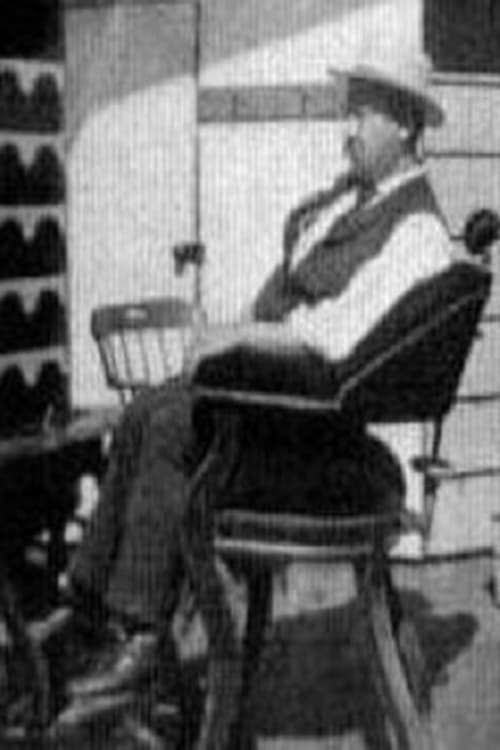Duncan or Devonald with Muslin Cloud (1891)
Genre :
Runtime : 1M
Director : William K.L. Dickson, William Heise
Synopsis
Lost film from 1891, directed by William K.L. Dickson and William Heise. The film stars Fred C. Devonald and James C. Duncan.

In this sound-era silent film, a tramp falls in love with a beautiful blind flower seller.
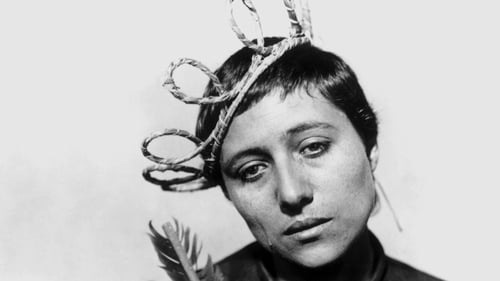
A classic of the silent age, this film tells the story of the doomed but ultimately canonized 15th-century teenage warrior. On trial for claiming she'd spoken to God, Jeanne d'Arc is subjected to inhumane treatment and scare tactics at the hands of church court officials. Initially bullied into changing her story, Jeanne eventually opts for what she sees as the truth. Her punishment, a famously brutal execution, earns her perpetual martyrdom.

The mysterious Count Orlok summons Thomas Hutter to his remote Transylvanian castle in the mountains. The eerie Orlok seeks to buy a house near Hutter and his wife, Ellen. After Orlok reveals his vampire nature, Hutter struggles to escape the castle, knowing that Ellen is in grave danger
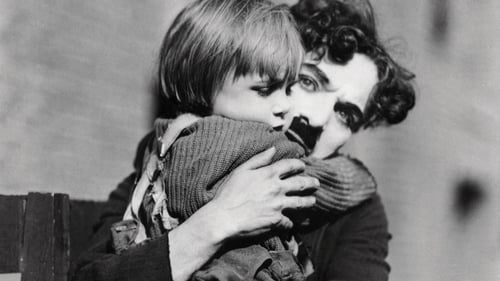
A tramp cares for a boy after he's abandoned as a newborn by his mother. Later the mother has a change of heart and aches to be reunited with her son.
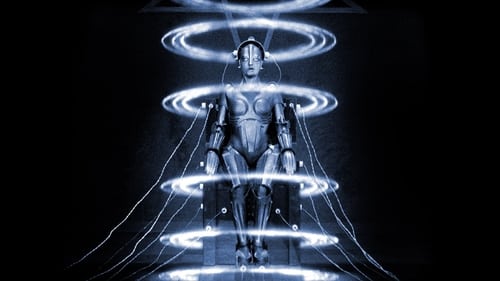
In a futuristic city sharply divided between the rich and the poor, the son of the city's mastermind meets a prophet who predicts the coming of a savior to mediate their differences.
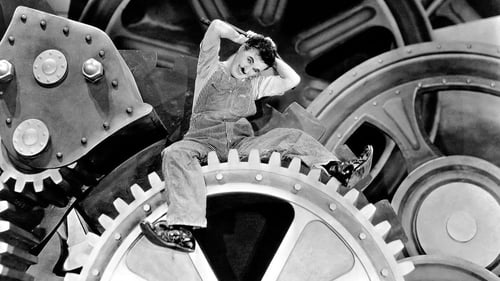
The Tramp struggles to live in modern industrial society with the help of a young homeless woman.
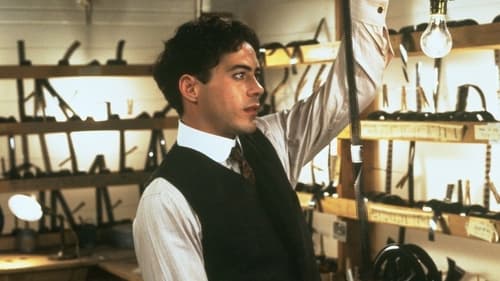
An aged Charlie Chaplin narrates his life to his autobiography's editor, including his rise to wealth and comedic fame from poverty, his turbulent personal life and his run-ins with the FBI.
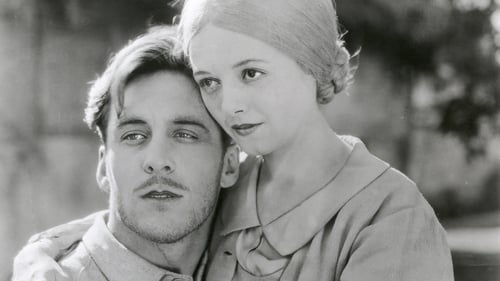
A married farmer falls under the spell of a slatternly woman from the city, who tries to convince him to drown his wife.

"Films Confiscated from a French Brothel" is a bare all Avant-garde Anthology homage to silent stag films.
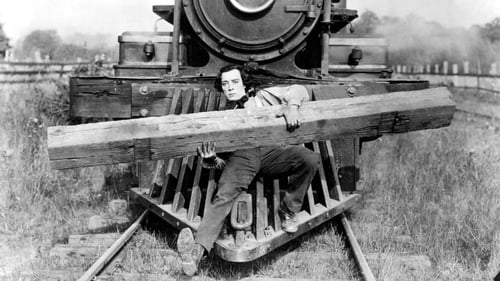
During America’s Civil War, Union spies steal engineer Johnnie Gray's beloved locomotive, 'The General'—with Johnnie's lady love aboard an attached boxcar—and he single-handedly must do all in his power to both get The General back and to rescue Annabelle.
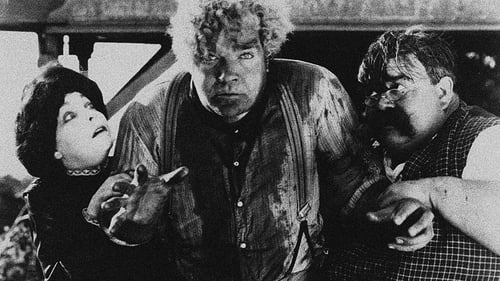
A lottery win of $5,000 forever changes the lives of a miner turned dentist and his wife.
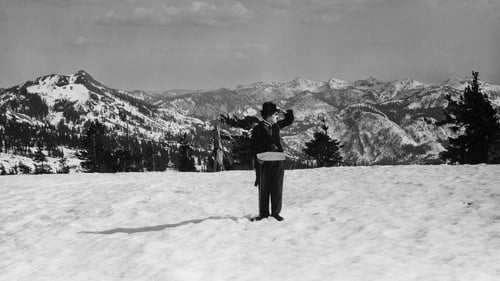
A gold prospector in Alaska struggles to survive the elements and win the heart of a dance hall girl.
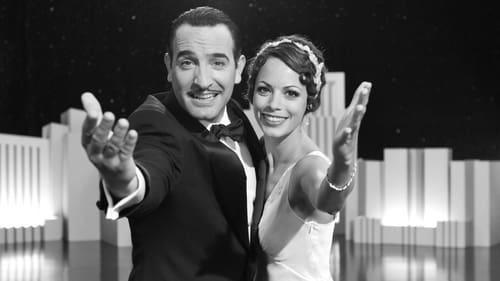
Hollywood, 1927: As silent movie star George Valentin wonders if the arrival of talking pictures will cause him to fade into oblivion, he sparks with Peppy Miller, a young dancer set for a big break.
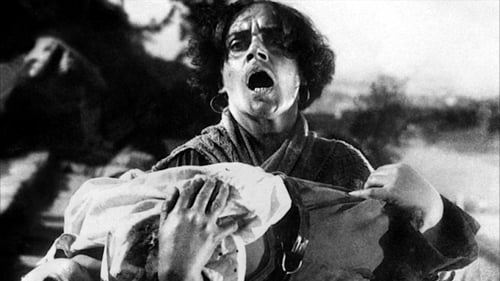
A dramatized account of a great Russian naval mutiny and a resultant public demonstration, showing support, which brought on a police massacre. The film had an incredible impact on the development of cinema and is a masterful example of montage editing.

Professor Barbenfouillis and five of his colleagues from the Academy of Astronomy travel to the Moon aboard a rocket propelled by a giant cannon. Once on the lunar surface, the bold explorers face the many perils hidden in the caves of the mysterious planet.
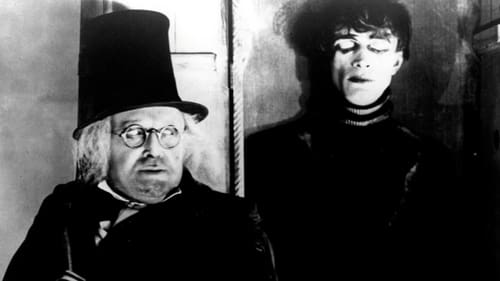
Francis, a young man, recalls in his memory the horrible experiences he and his fiancée Jane recently went through. Francis and his friend Alan visit The Cabinet of Dr. Caligari, an exhibit where the mysterious doctor shows the somnambulist Cesare, and awakens him for some moments from his death-like sleep.
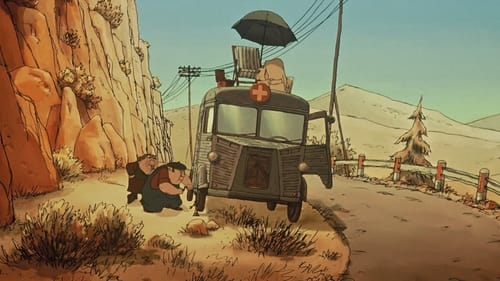
When her grandson is kidnapped during the Tour de France, Madame Souza and her beloved pooch Bruno team up with the Belleville Sisters—an aged song-and-dance team from the days of Fred Astaire—to rescue him.
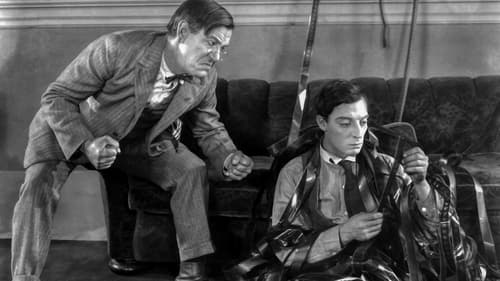
A film projectionist longs to be a detective, and puts his meagre skills to work when he is framed by a rival for stealing his girlfriend's father's pocketwatch.
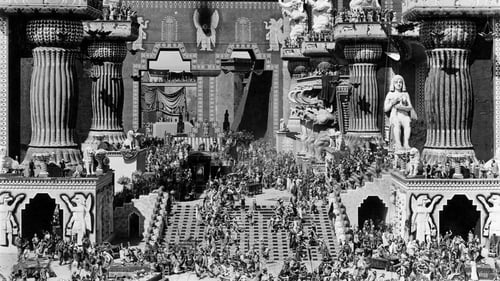
The story of a poor young woman, separated by prejudice from her husband and baby, is interwoven with tales of intolerance from throughout history.

Lost film from 1891, directed by William K.L. Dickson and William Heise.

Lost film from 1892, directed by Louis Lumière and starring King Edward VII.

Lost film from 1891, directed by William K.L. Dickson and William Heise. The film stars James C. Duncan.

Unfound film from 1891, directed by William K.L. Dickson and William Heise. The film stars James C. Duncan.
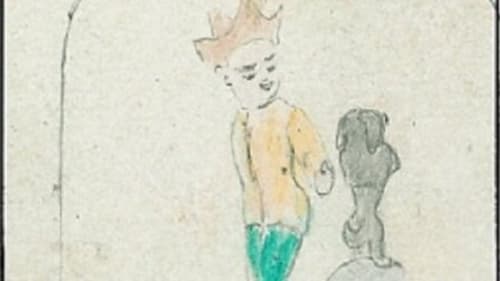
Short film of 300 individually painted images.

A lost film, directed by William K.L. Dickson about two men wrestling.

Alleged silent black-and-white short film shot at Apsley Gate, Hyde Park, London. It was claimed to be the first motion picture until pre-dating footage shot by Louis Le Prince was discovered. It was never publicly shown and is now considered a lost film with no known surviving prints or stills.

Formerly lost film rediscovered in 1996, directed by William Friese-Greene.

Lost film directed by William K.L. Dickson. Presented by Edison Manufacturing Company.

Hyde Park Corner (also known as Leisurely Pedestrians, Open Topped Buses and Hansom Cabs with Trotting Horses) depicts life at Hyde Park Corner in London. It is claimed to be the first film set in London, as well as the first to be filmed on celluloid. It is currently considered a partially lost film, with only 6 possible film frames preserved as part of the Jonathan Silent Film Collection.

Short film of two men fencers

This early cinematic instance of a close-up—or, more accurately, a medium close-up shot of the chest and face of the maker of this film and others like it, Georges Demenÿ saying “Je vous aime”—was made at the request of Hector Marichelle, professor and director of the National Deaf-Mute Institute in France, who planned to use filmed speech to teach deaf students to speak and lip read. This required close views of the performer's lip movements. The project was given to Demenÿ by Étienne-Jules Marey, who headed the Station Physiologique in Paris and whose chronophotographic scientific research of motion is among the most important contributions to the invention of movies. Despite these educational and scientific beginnings, however, this project led Demenÿ to pursue and influence the commercialism of cinema.

Early Edison short showing two men fencing.

Shot of the flight of a fly.

Experimental film fragment made with the Edison-Dickson-Heise experimental horizontal-feed kinetograph camera and viewer, using 3/4-inch wide film.

Experimental film that follows up on the results of "Monkeyshines, No. 1". Once again, an Edison company worker moves around in front of the motion picture camera.

William K.L. Dickson and William Heise shake hands in this early experimental film.

Moving picture of London's Trafalgar Square traffic, filmed with a kinesigraph.


